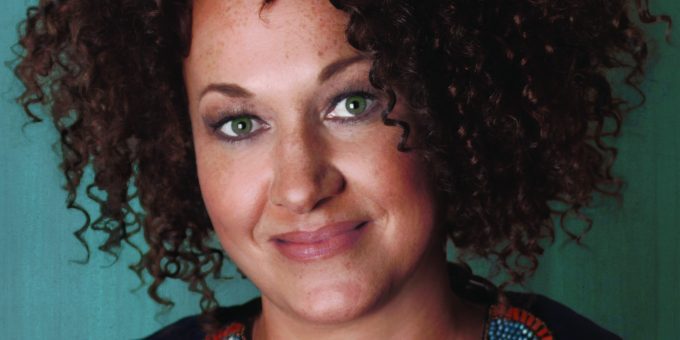Freedom and Frustration: Rachel Dolezal and the Meaning of RacePosted in Anthropology, Articles, Brazil, Caribbean/Latin America, Media Archive, Passing, Social Science, United States on 2019-08-18 22:12Z by Steven |
Freedom and Frustration: Rachel Dolezal and the Meaning of Race
Contexts
Volume: 18 issue: 3
pages 36-41
DOI: 10.1177/1536504219864957
Chinyere Osuji, Assistant Professor of Sociology
Rutgers, The State University of New Jersey, Camden
In the United States, people often discuss how the burgeoning multi-racial population and immigrants from Asia and Latin America are forcing us to call into question what we know about racial and ethnic categories. This argument, however, takes for granted that being Black or White, categories at the poles, are unproblematic distinctions. This perspective essentializes Blackness and Whiteness as commonsense phenomena. They are anything but. The meanings of who is White and who is Black in the United States have shifted over centuries, and who gets slotted into what category changes across societies.
A couple of years ago, the media became fascinated with Rachel Dolezal, a woman born naturally to White parents, who identified as a Black woman. At a time when transgender issues were becoming salient, news media posed what seemed to them an obvious question: is it possible to be born White and become Black the same way it was possible to be born with male sex organs and become female? Although Dolezal never used the term “transracial” to identify herself, she reminded us that race is a social construction, something many people understand as fake and baseless. On these grounds, Dolezal decided that she would wear Black hairstyles, spend time in Black communities, date and marry Black men, lead a chapter of a historically Black organization, and supposedly leave Whiteness behind. This infuriated many people, especially African Americans.
When Rachel Dolezal made international news, my friends in Brazil did not understand the commotion. “What’s going on? Who is this woman?” they asked.
I understood some of their confusion…




